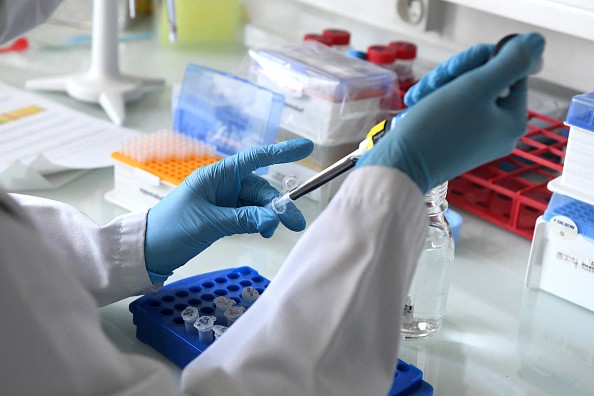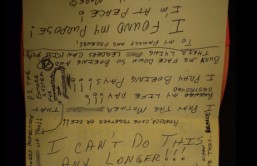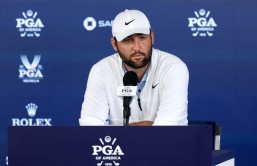A single-dose gene therapy hailed as a "medical magical wand" has given hope to patients with a hereditary disorder that causes painful and potentially fatal swelling.
Hereditary angioedema, or HAE, is a rare condition that affects about one in 50,000 people and causes people to have leaky blood vessels. This results in unpredictable episodes of swelling, usually involving the hands, feet, intestines, lips, mouth, and neck.
Gene Therapy Offers Hope To Patients
A laboratory staff works at Genethon, a non-profit gene therapy R&D organization in Evry on May 10, 2022. Genethon, a non-profit gene therapy R&D organization founded by the French Muscular Dystrophy Association (AFM-Telethon) is dedicated to the conception, clinic and preclinic development of drugs of genic therapy for rare diseases.
Dr. Hilary Longhurst, the principal investigator at Te Toka Tumai, Auckland City Hospital, said the single-dose therapy appeared to provide a permanent cure for her patients' "very disabling symptoms."
Patients who participated in the first human trial of the therapy have seen significant improvement in their symptoms, and many were able to stop taking their long-term medication and resume their regular lives.
The small phase-one trial involved ten patients from the Netherlands, New Zealand, and the United Kingdom. Each patient has received an infusion of "nanolipids" designed using Crispr, a Nobel prize-winning gene editing tool to infiltrate liver cells and eliminate the kallikrein gene.
The first patients' results were published in the New England Journal of Medicine, and larger trials are underway. Doctors cured 25 more patients in a phase-two trial and wish to recruit for a final phase-three trial next year.
The therapy is not anticipated to become widely accessible anytime soon despite the dramatic outcomes. Such one-shot gene therapies are among the expensive treatments available globally and far from a shoo-in for the NHS, even if they continue to show promise in ongoing trials.
Professor Paul Morgan, an immunologist at Cardiff University, called the results remarkable. He shared that they demonstrate the potential to cure HAE permanently with a single treatment.
Morgan added that one-shot gene therapies cost between $1 million (£790,000) and $2 million, suggesting that only wealthy countries can afford the treatments. However, he noted that this study offers the real prospect of a cure for some HAE patients.
Dr Michael Tarzi, a senior lecturer and honorary consultant at Brighton and Sussex Medical School, was also impressed. "This is an outstanding application of new technology, which potentially offers a curative treatment to patients with HAE," he said.
Dr. Michael Tarzi, an honorary consultant and senior lecturer at Brighton and Sussex Medical School, expressed a similar impression. He claimed that the therapy is an outstanding application of new technology, potentially offering curative treatment to patients with HAE.
Read Also: US Readies New Sanctions on Companies Owned by Sudanese Warring Parties
Patients Share Experience of Trials
Cleveland, a 54-year-old Suffolk resident who participated in the trial, had not experienced an attack in the eighteen months since beginning the therapy. He said he had a radical improvement in his physical and mental wellbeing.
He added that the swellings were painful and disfiguring, and he was embarrassed to go out in case of an attack. He also had been hospitalized with swellings on his neck and throat that affected his ability to breathe.
Judy Knox, a nurse from New Zealand who also tried the trial, experienced terrible discomfort and swelling in her abdomen that persisted for days. She described the therapy as "like a medical magic wand."
Knox used androgen medicine to treat the illness, but she said supplies have not always been consistent. She already stopped the medication and feels she has a "whole new life."
Related Article: Deafness Treatment: Breakthrough Gene Therapy Restores Hearing in 5 Out of 6 Children









